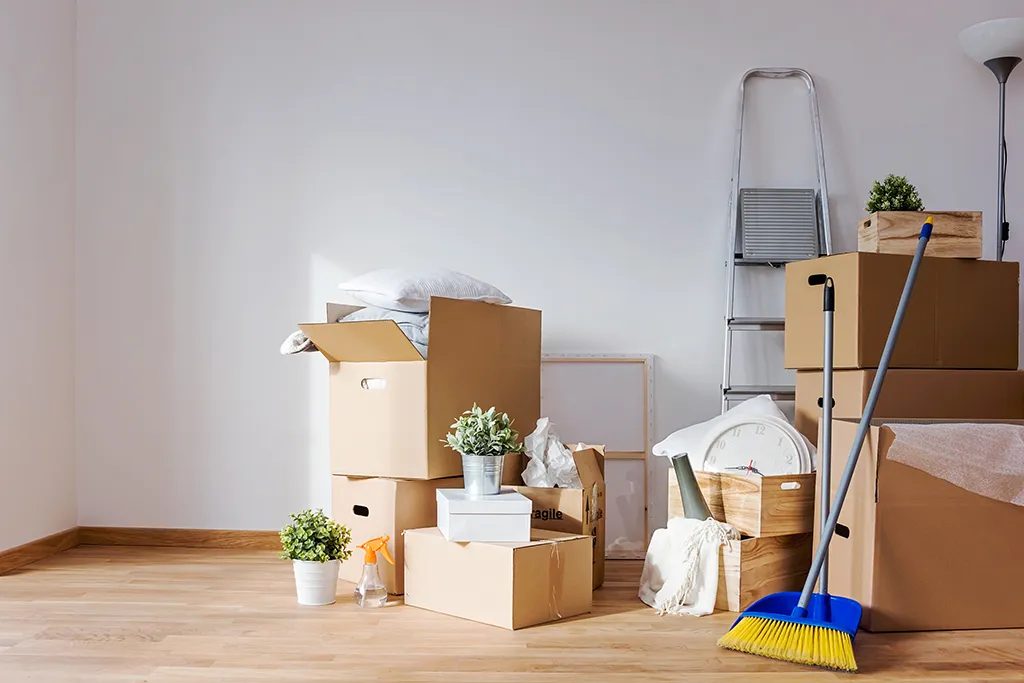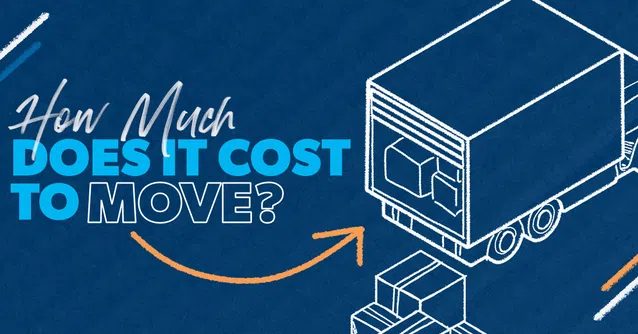Moving is exciting, it’s the start of a new chapter. But before you start packing, let’s talk about something people often overlook: the true cost of moving. Whether you’re buying or selling, the expenses can add up quickly if you’re not prepared.
Knowing what to expect can help you budget and avoid any nasty surprises. Here’s a breakdown of the most common moving costs for buyers and sellers so you can plan ahead and move with confidence.
1. Hiring Movers: Professional movers can make life easier, but they come at a price. Local moves typically cost $1,000–$2,500, depending on the size of your home and the distance. Long-distance moves can run $5,000 or more. Pro tip: Get at least three quotes from reputable movers, and ask about additional fees for things like stairs, heavy items, or packing services.
2. Packing Supplies: Boxes, tape, bubble wrap, and packing paper don’t seem expensive until you start buying them in bulk. Expect around $200–$500 for an average household. Money saver tip: Check local stores or online marketplaces for free boxes, and use household items like towels and clothing for padding.
household. Money saver tip: Check local stores or online marketplaces for free boxes, and use household items like towels and clothing for padding.
3. Utility Transfers and Hookups: Moving means disconnecting utilities at your old home and setting them up at your new one. Transfer or activation fees can range from $50–$200 per service. Some providers may require deposits for new accounts. Pro tip: Call ahead to schedule services, so you’re not left without electricity, water, or internet on move-in day.
4. Cleaning Costs: Leaving your old home spotless and preparing your new one takes time and effort. Professional cleaning services can cost $150–$500, depending on the size of your home. Money saver tip: Handle the cleaning yourself or ask friends and family for help.
5. Temporary Storage: If your moving dates don’t line up perfectly, you might need to store your belongings. Depending on size and location, storage units typically cost $100–$300 per month. Pro tip: Ask your moving company if they offer short-term storage as part of their service.
6. Miscellaneous Expenses: Don’t forget about:
- Travel costs: Gas, meals, or lodging if you’re moving far.
- Repairs: Touch-ups to your old home before selling.
- New home essentials: Curtains, rugs, or light bulbs for your new place.
Plan Ahead to Avoid Surprises
Moving can be expensive, but it doesn’t have to break the bank. By understanding the real costs upfront, you can create a budget that keeps you in control and maybe even leaves a little extra for decorating your new space.
Thinking about buying or selling? Let’s connect. I’ll help you navigate the process and plan for a smooth, stress-free move.

 Facebook
Facebook
 X
X
 Pinterest
Pinterest
 Copy Link
Copy Link



